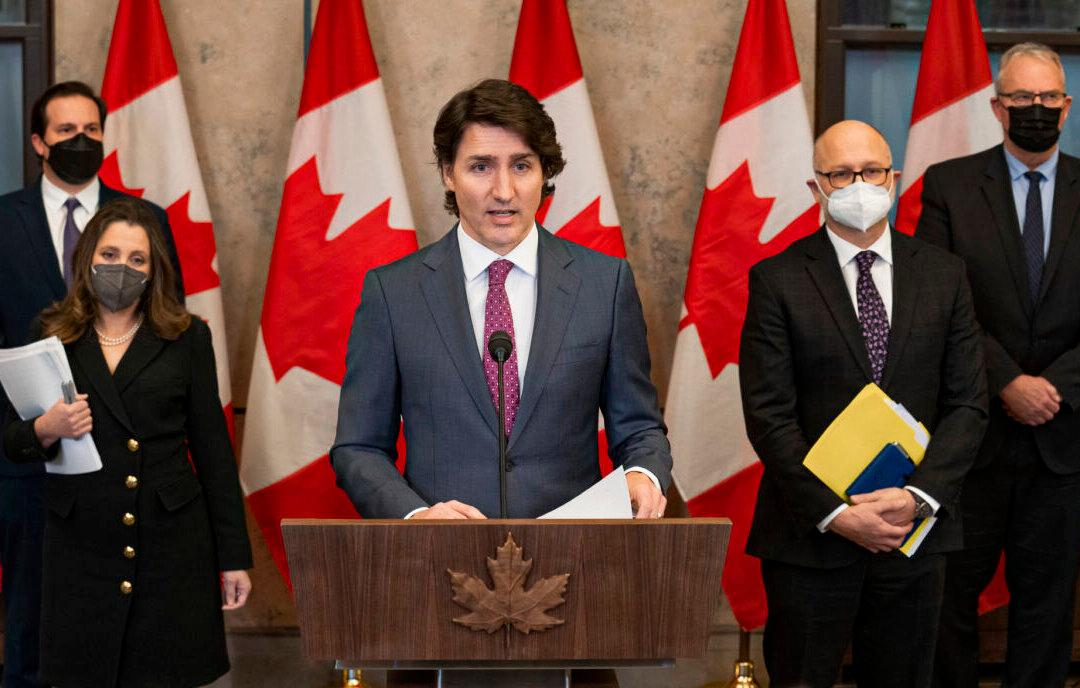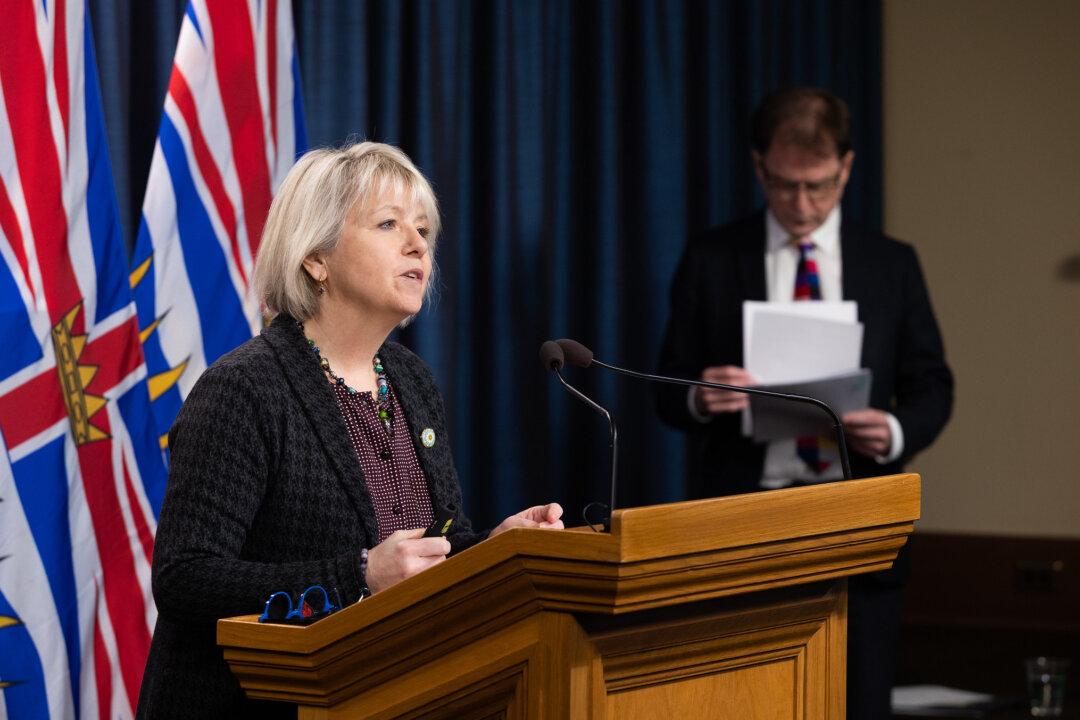Nearly 40 City of Richmond workers in B.C. who were put on unpaid leave for not providing proof of COVID-19 vaccination have won the right to return to work with back pay, in a rare legal decision to date in Canada.
As decisions emerge one after another relating to the legal grounds for mandatory vaccination policies, the vast majority of arbitrators in Canada have sided with the employers.





